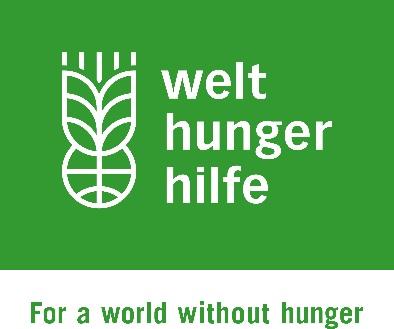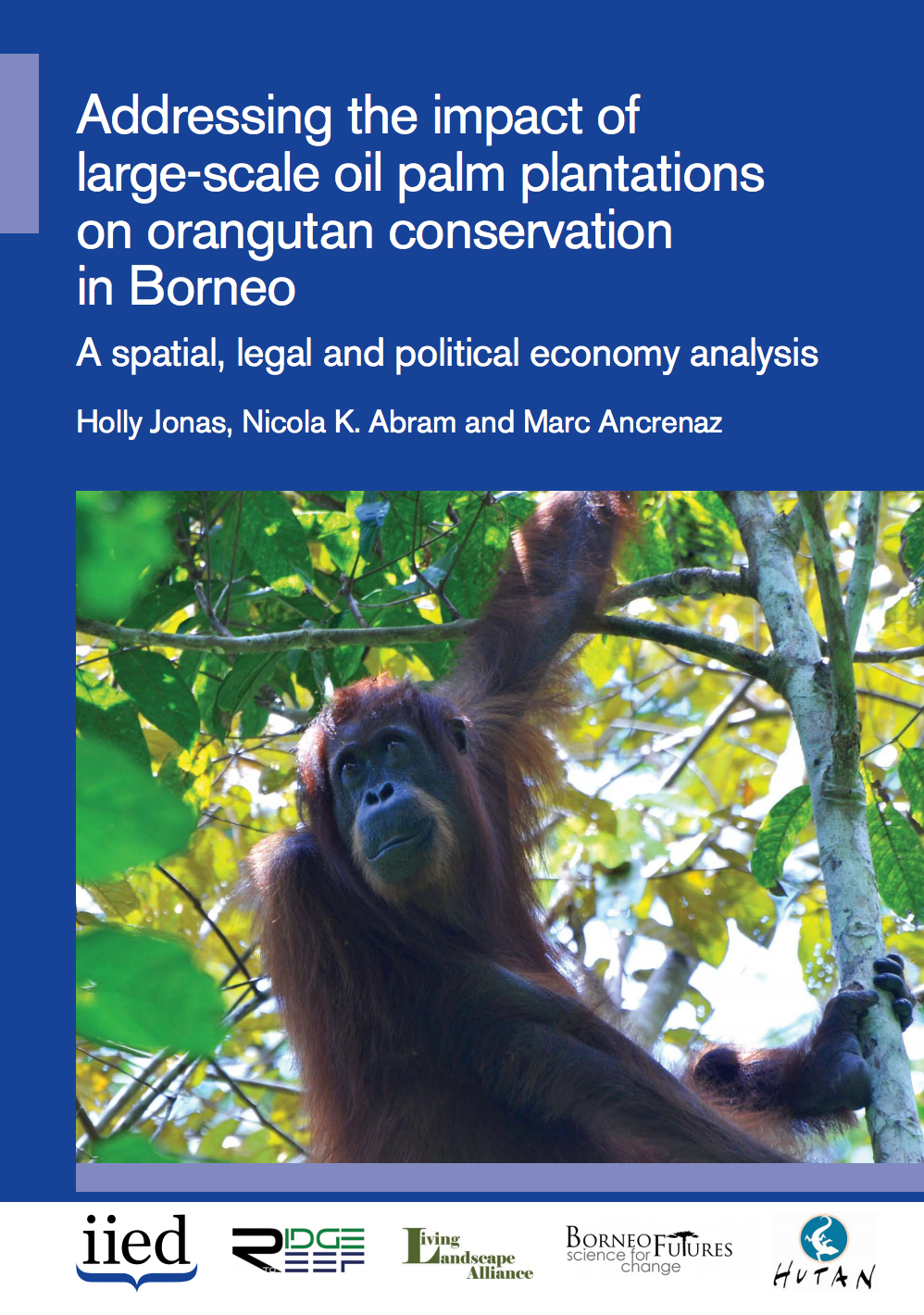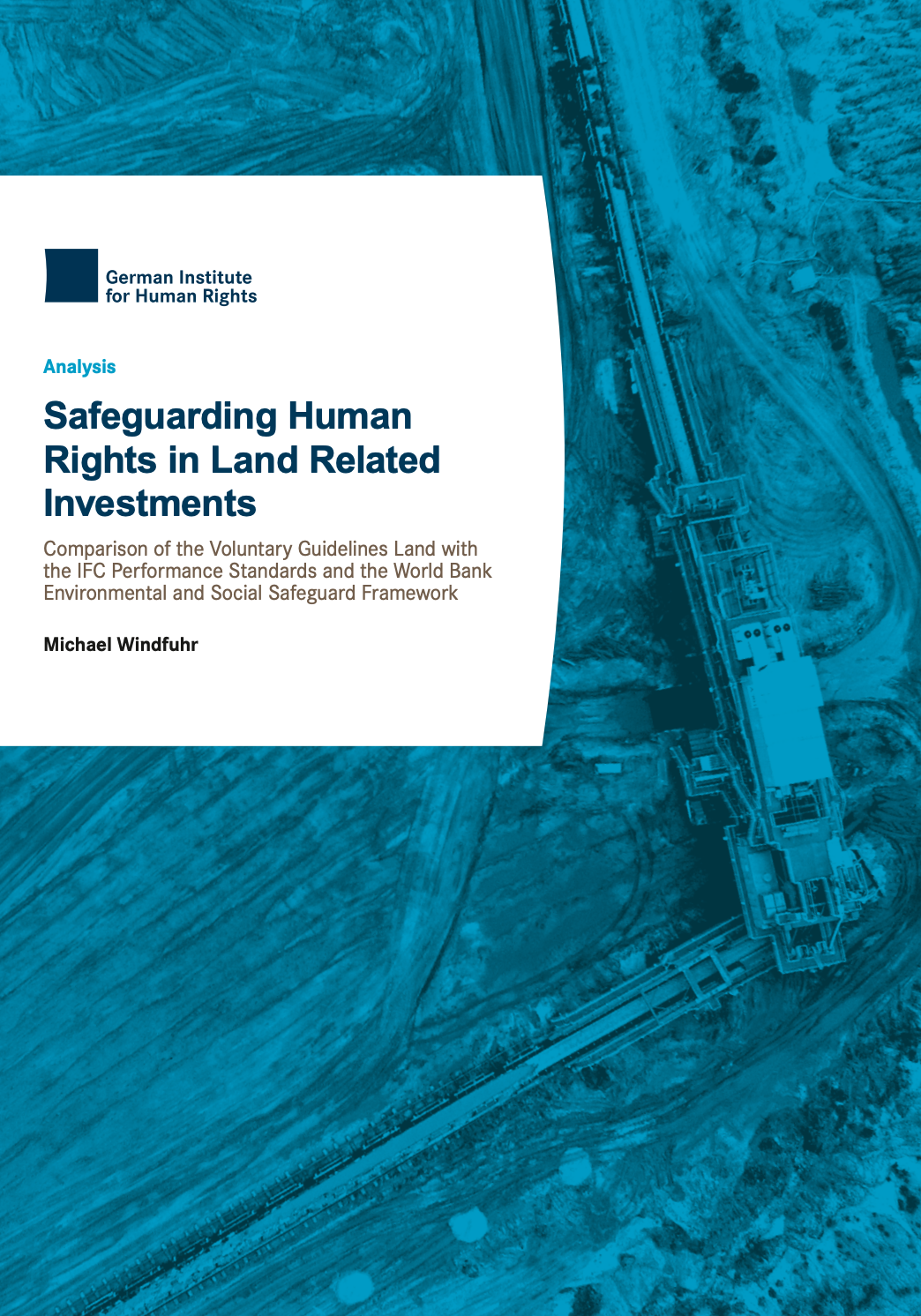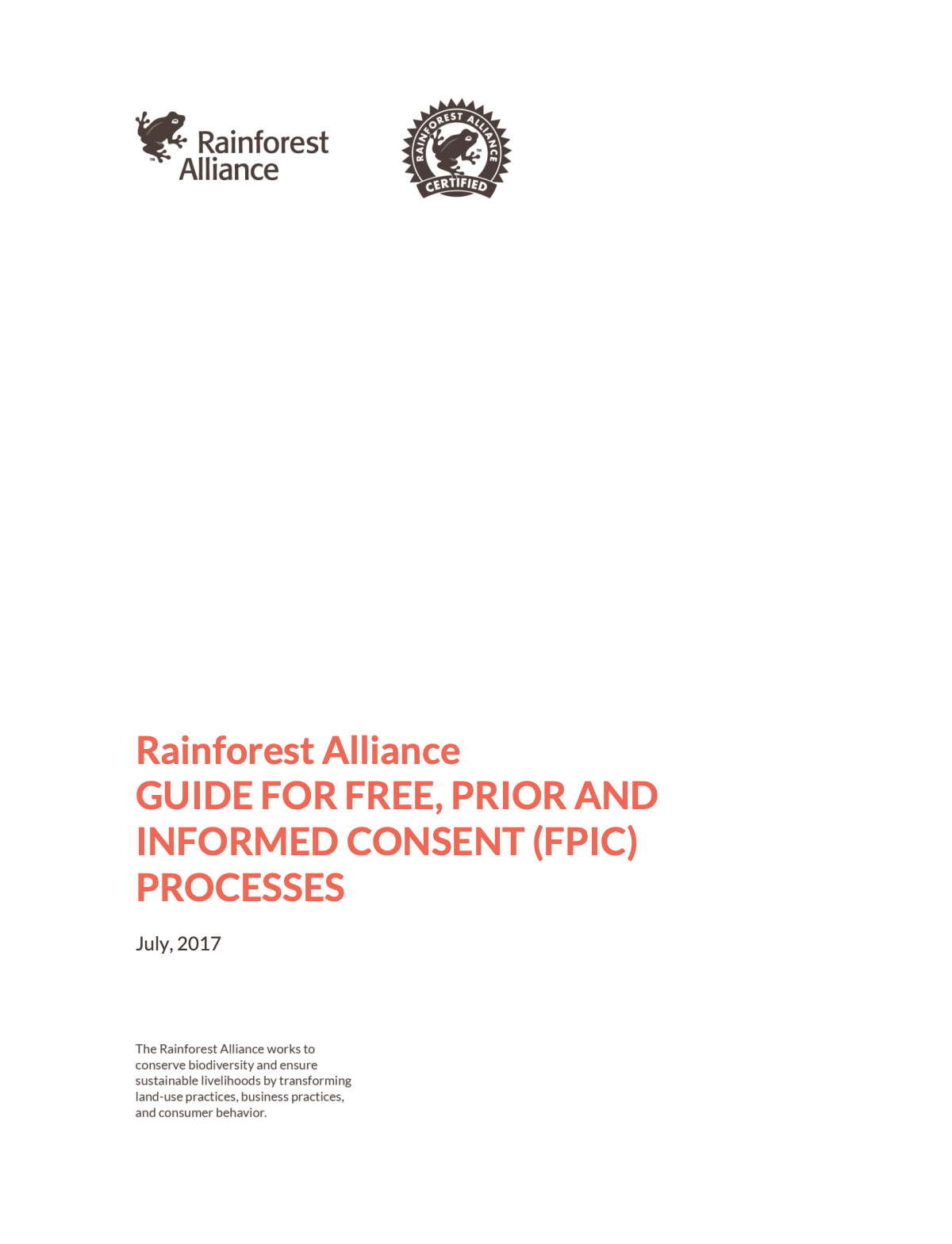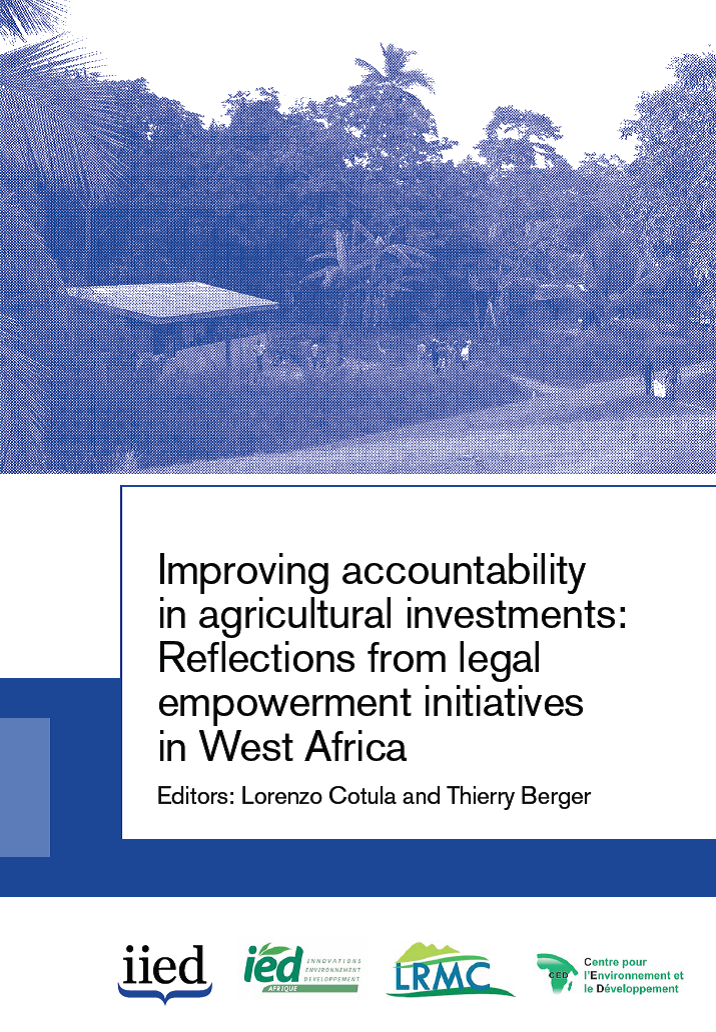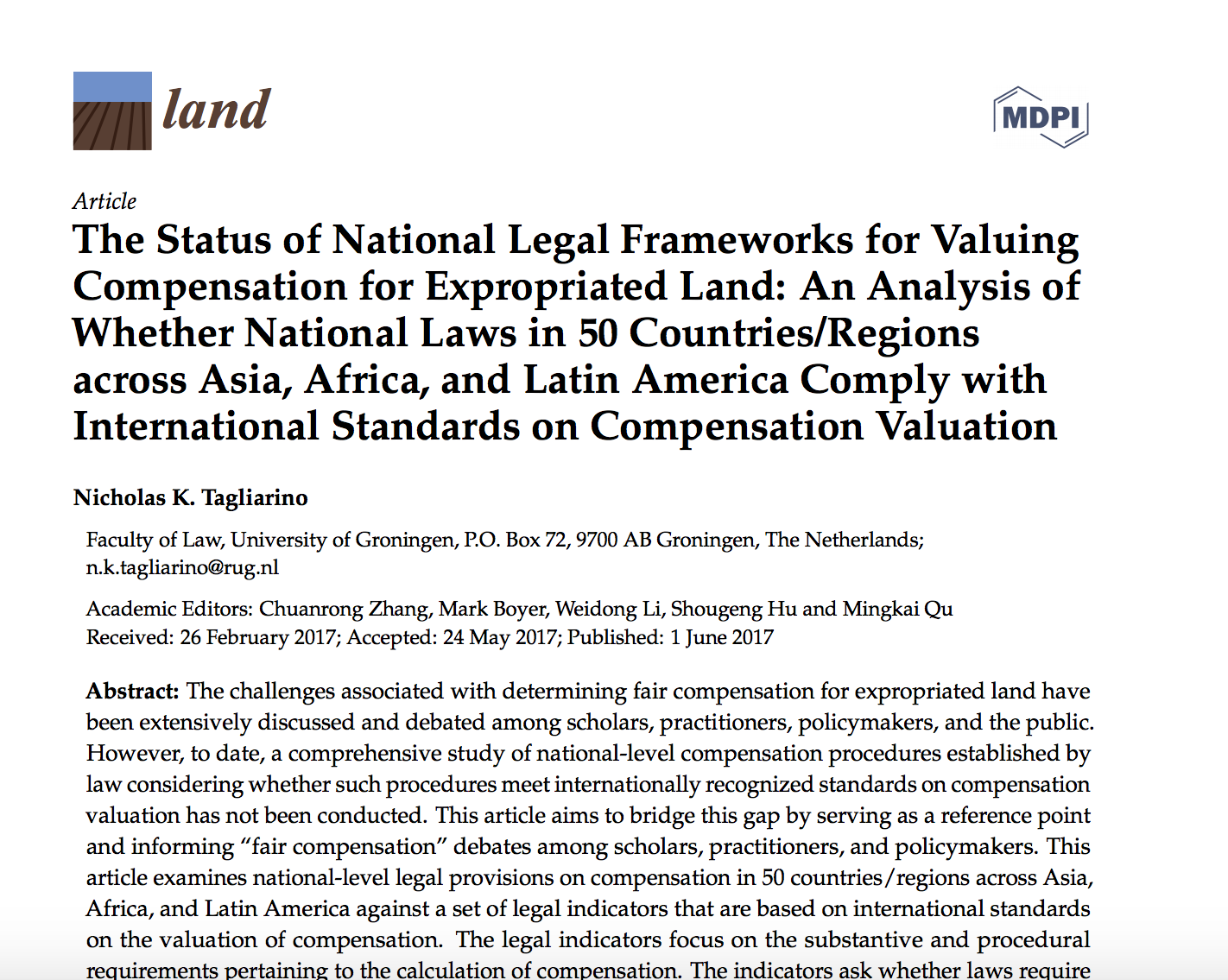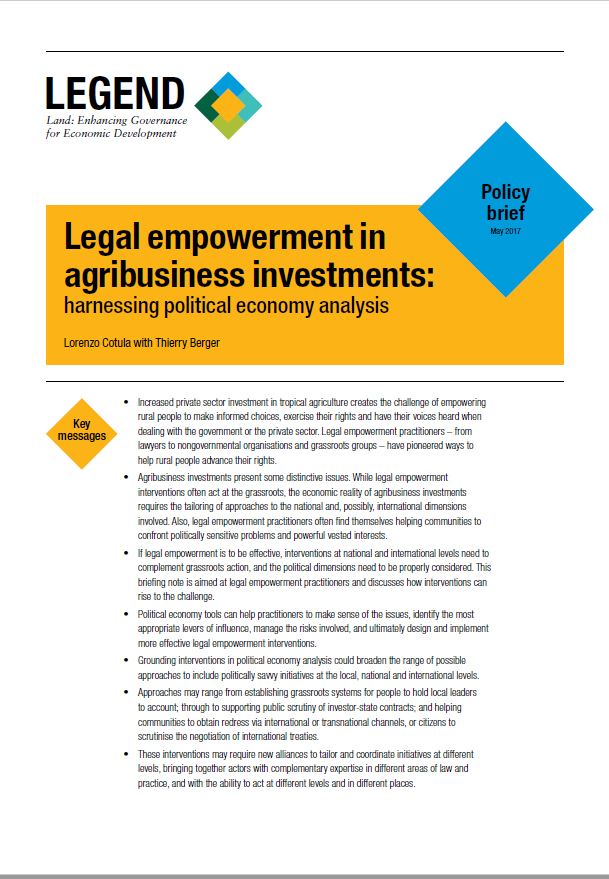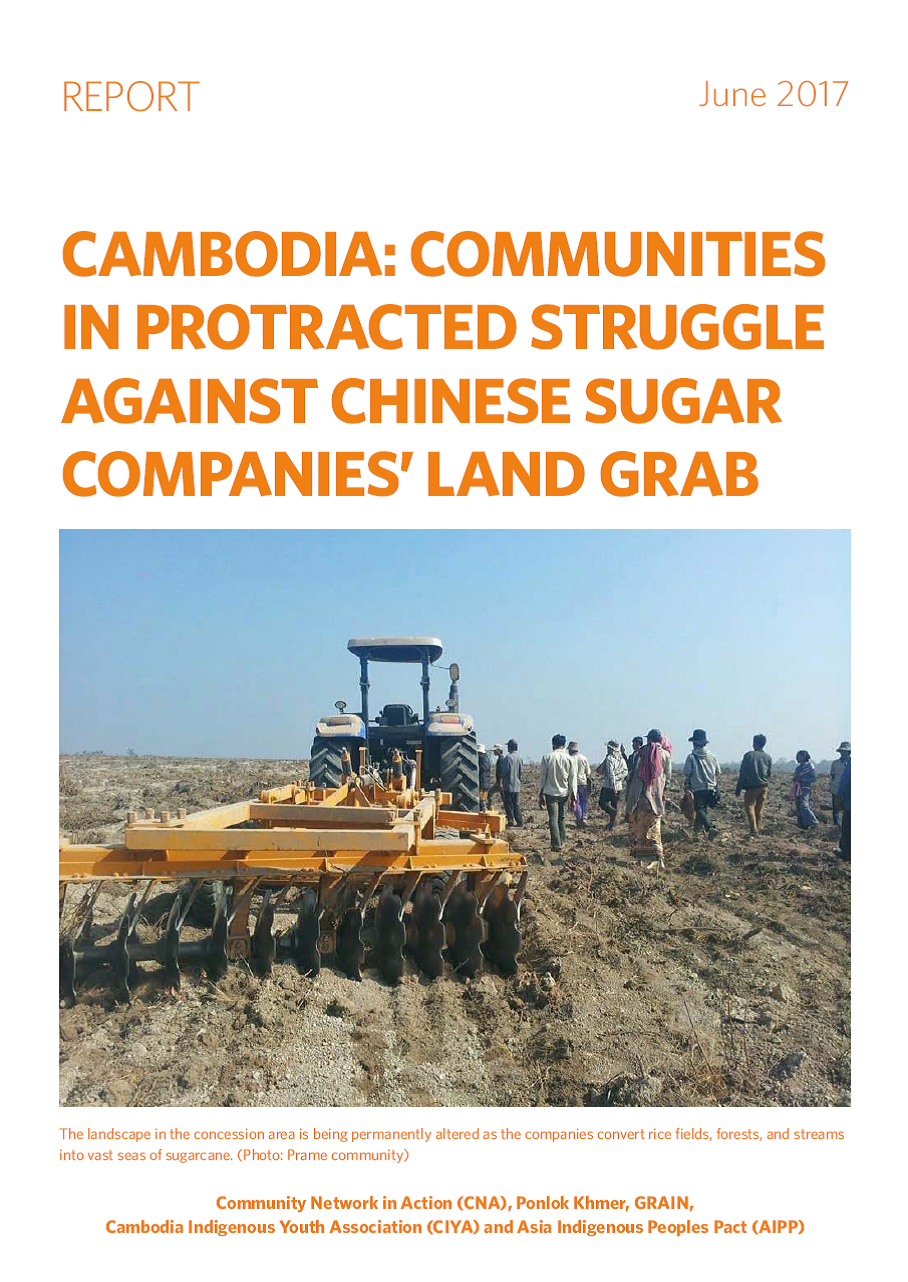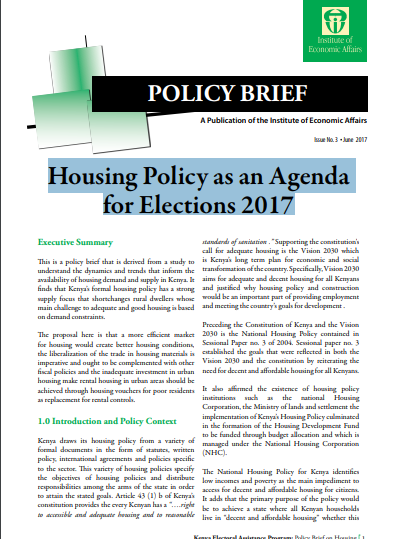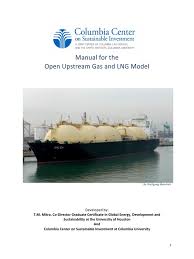Alternative Agricultural Business models for Large-scale Private Investments in Sierra Leone
The report focuses on Sierra Leone (SL), which has placed a high priority on private sector investments over the last decade to support agricultural development. The country has experienced a significant increase of (mainly foreign) investments based on LSLAs, yet few of which are in an advanced stage. The study is based on several of palm oil and cocoa sector investment case studies. Both sectors are very relevant for SL’s economy and have seen several private sector investments.

